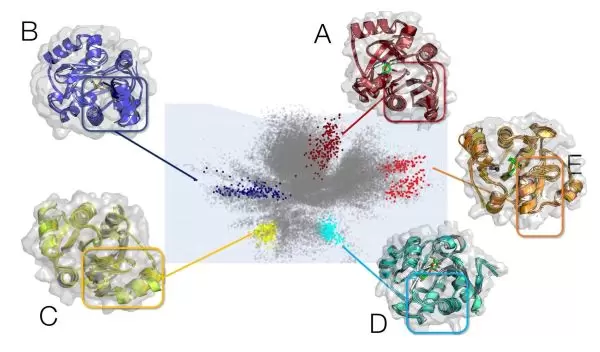
AI accelerating drug discovery to fight COVID-19
Researchers are running a global race to discover a vaccine, drug or combination of treatments that can disrupt the SARS-CoV-2 virus, which causes the COVID-19 disease, and prevent widespread deaths.
Major efforts are underway to screen every possible molecule that might interact with the virus -- and the proteins that control its behavior -- to disrupt its activity.
In addition to working faster, computational scientists are working smarter, combining artificial intelligence with physics-based drug docking and molecular dynamics simulations to rapidly look at the most promising molecules.
A project using some of the most powerful supercomputers on the planet -- including the National Science Foundation-funded Frontera and Longhorn supercomputers at the Texas Advanced Computing Center and Comet at the San Diego Supercomputer Center -- is running millions of simulations, training a machine learning system to identify the factors that might make a molecule a good candidate, and doing explorations of the most promising results.
"The discovery of effective therapeutics to mitigate the current COVID-19 crisis is critical for the rapid recovery of the global economy," says Ed Walker, a program director in NSF's Office of Advanced Cyberinfrastructure. "NSF-funded instruments such as Frontera and Comet provide important computational capabilities and human expertise to support multi-institution efforts harnessing our nation's research capabilities."
The project complements epidemiological and genetic research efforts supported by TACC, which are enabling more than 30 teams to undertake research that would not otherwise be achievable in the timeframe this crisis requires.
